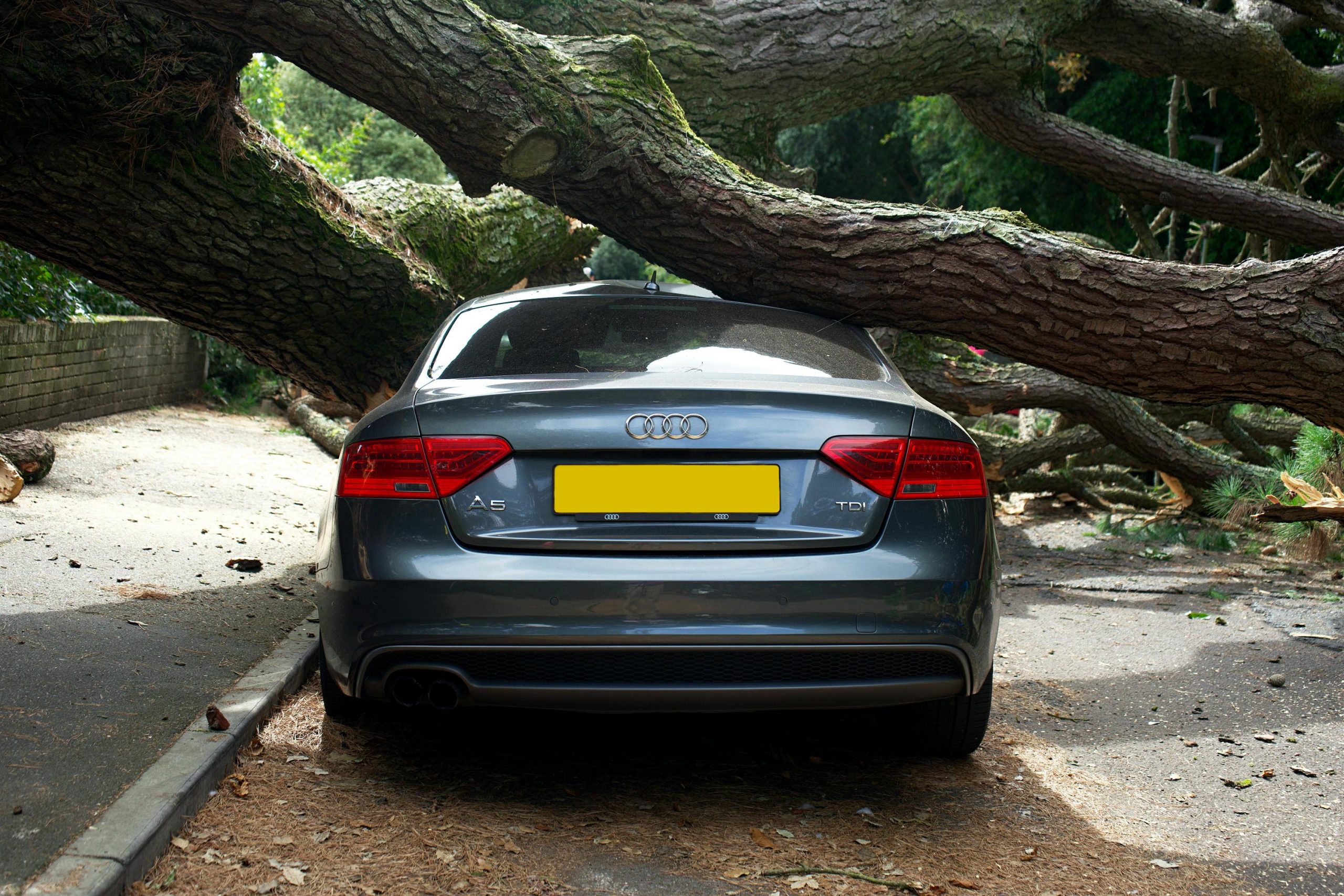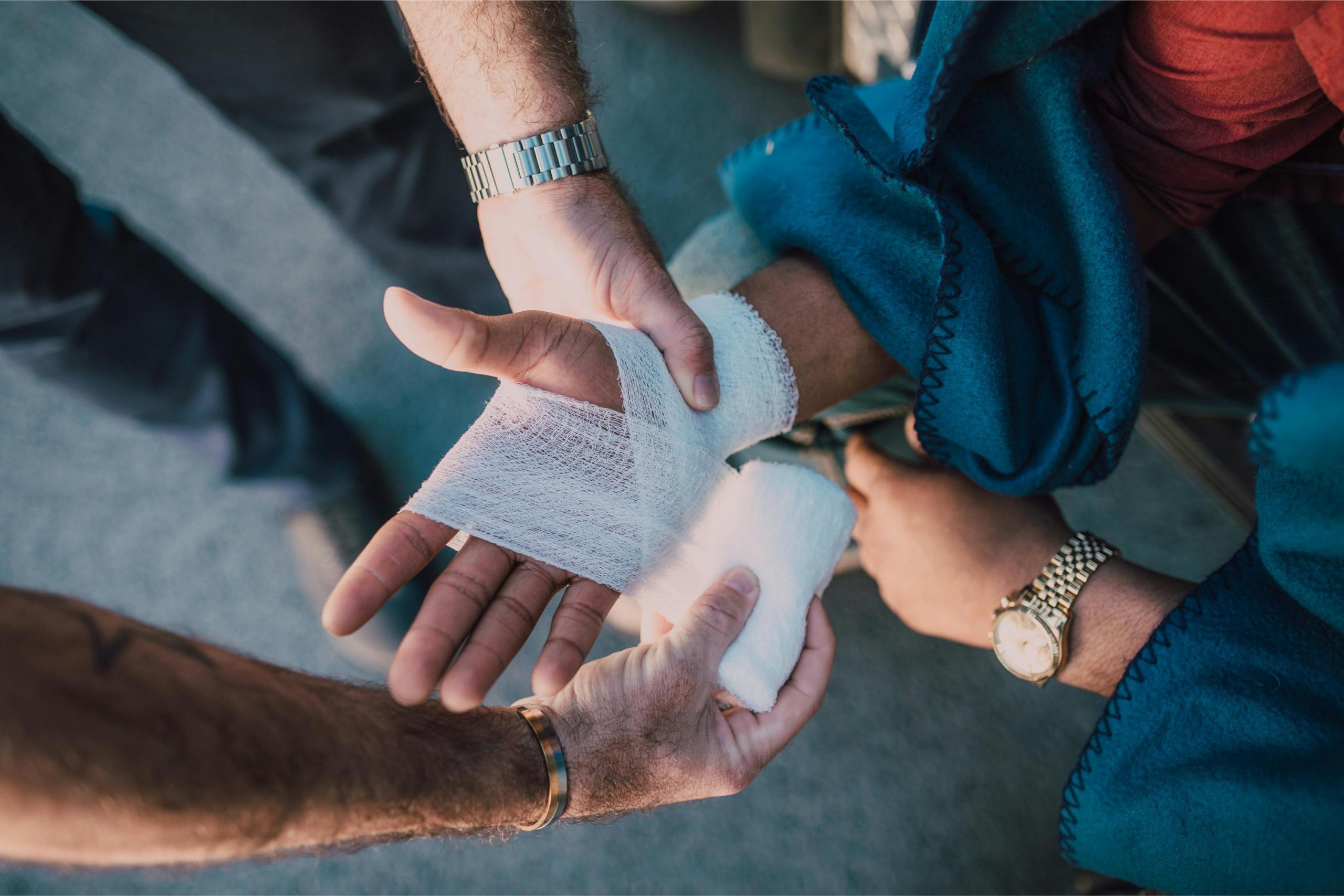Getting into a car accident can be stressful, but filing and settling a claim doesn’t always require a lawyer. In many simple cases—like minor injuries or property damage—you may be able to handle the process on your own. This guide walks you through how to settle a car accident claim without a lawyer, from gathering evidence to negotiating with insurance companies.
Let’s break it down step by step so you can feel confident and informed every step of the way.
1. Make Sure Everyone Is Safe
Before thinking about claims or paperwork, always check that everyone involved in the accident is safe. If there are injuries, call 911 immediately.
Steps to follow:
- Move your vehicle to a safe place if possible.
- Turn on your hazard lights.
- Call the police to file an accident report (required in many states).
- Take note of any injuries, even if they seem minor.
2. Document the Accident Scene

Gathering evidence is one of the most important parts of settling a claim on your own.
What to collect:
- Photos of vehicle damage, license plates, and the accident scene
- Pictures of road signs, traffic lights, or skid marks
- Contact information of the other driver(s)
- Witness names and contact details
- A copy of the police report, if available
These details will help support your version of what happened when dealing with insurance companies.
3. Notify Your Insurance Company
After the accident, contact your insurance company as soon as possible. Provide them with the facts but avoid admitting fault.
When reporting the accident:
- Stick to the facts—avoid speculating
- Provide copies of your photos and report
- Ask for your claim number and adjuster contact info
Your insurer will investigate the accident and determine how to move forward with the claim.
4. Get a Repair Estimate
Before negotiating, understand the cost of repairing your vehicle.
How to do it:
- Visit a certified auto repair shop for a written estimate
- You can also get multiple quotes to compare
- Some insurance companies may send their own adjuster
Knowing the repair cost gives you a solid starting point when settling the claim.
5. Gather Medical Records (If Injured)

If you were hurt in the accident, it’s important to document all injuries and treatment.
Include:
- Doctor’s notes
- Medical bills
- Pharmacy receipts
- Physical therapy or follow-up visit records
Even minor injuries can result in medical expenses. Save every document to ensure you’re fairly compensated.
6. Understand What Your Claim Is Worth
Before accepting any offer, know what your claim is worth. This includes:
- Property damage repair or replacement
- Medical costs
- Lost wages (if you missed work)
- Pain and suffering (in some cases)
Add these up to get a fair estimate. You may use online claim calculators, but they offer only rough estimates.
7. Communicate with the Other Driver’s Insurance
If the accident was the other driver’s fault, their insurance may be responsible for covering your losses.
Tips when contacting them:
- Be polite but firm
- Only give basic information about the accident
- Don’t give a recorded statement unless required
Ask for the name and contact info of the claims adjuster assigned to your case. Keep a log of all communication.
8. Review the Insurance Company’s Offer
Once the insurance company completes its review, they will make a settlement offer. Review it carefully.
Consider:
- Does the offer cover all your repair and medical costs?
- Did they include lost wages?
- Are they offering anything for pain and suffering?
If the amount seems low, you can make a counteroffer.
9. Make a Counteroffer (If Needed)
You have the right to negotiate the settlement amount if the first offer doesn’t meet your needs.
How to negotiate:
- Write a letter or email explaining why the offer is too low
- Include receipts, medical records, and your damage estimate
- Suggest a fair amount based on your calculations
The adjuster may go back and forth with you. Stay patient and polite.
10. Get the Settlement in Writing
Once you and the insurance company agree on an amount, get everything in writing.
Before signing, confirm:
- The final settlement amount
- What it covers (medical, repairs, etc.)
- That accepting the settlement means you can’t file further claims
Read every line before signing. Ask for a copy of the signed agreement for your records.
11. Receive Your Payment
After you sign the release form, the insurance company should send your payment.
How long does it take?
- Most payments are processed within 1–2 weeks
- You may receive a check by mail or direct deposit
Use the funds to pay for repairs or reimburse yourself for out-of-pocket expenses.
12. When You Should Consider a Lawyer
While you can settle most minor claims yourself, there are times when hiring a lawyer is the smarter option:
- You suffered serious injuries or disability
- Fault is unclear or disputed
- The insurance company denies your claim
- The settlement offer is very low
- You’re feeling overwhelmed or confused
A free consultation with a lawyer may help you understand if legal support is necessary.
13. Check for Hidden Injuries
Not all injuries appear right after an accident. Soft tissue injuries, concussions, and whiplash can show up days later. Even if you feel okay, it’s smart to get a medical checkup.
Why it matters:
- Medical documentation strengthens your claim
- Delayed injuries can become costly without coverage
- It protects your health and legal rights
Tip: Let your insurance company know if new symptoms appear. You may be able to add them to your existing claim.
14. Know Your State’s Claim Deadlines
Each state has a time limit—called a statute of limitations—for filing a car accident claim or lawsuit. Missing this deadline could mean losing your right to compensation.
Typical timelines:
- Personal injury claims: 1 to 3 years from the accident date
- Property damage claims: Often slightly longer
Check your state’s rules or ask your insurance provider. Don’t delay if you’re close to the deadline.
15. Consider Mediation for Disputes
If you and the insurance company can’t agree on a settlement amount, mediation might be an option before turning to court.
What is mediation?
- A neutral third party helps both sides reach an agreement
- Less formal and less expensive than going to court
- Often quicker than filing a lawsuit
Mediation can be especially helpful if you’re close to a resolution but just need help negotiating.
Common Mistakes to Avoid
Even if you choose to settle a car accident claim without a lawyer, it’s important to steer clear of common pitfalls that could hurt your case or reduce your payout.
Waiting Too Long to File a Claim: Every state has time limits for filing insurance claims and lawsuits. Waiting too long could result in your claim being denied. Report the accident as soon as possible and keep track of deadlines.
Not Collecting Enough Evidence: Photos, witness statements, police reports, and medical records are all vital. Without solid proof, your claim may be weakened or rejected. Gather evidence early and stay organized.
Accepting a Low Offer Without Question: Insurance companies often start with a low settlement offer. Don’t rush to accept. Take time to review the full extent of your damages, medical costs, and lost income.
Failing to Document Medical Treatment: Missing doctor visits or not keeping medical receipts can make it seem like your injuries weren’t serious. Always follow through with treatment and save all records.
Ignoring Your Own Policy Coverage (Collision, Medical, etc.): Many people forget that their own policy might cover more than they think. Review your collision, medical payments, and uninsured motorist coverage to see what you’re entitled to.
Being Informed Helps You Avoid Mistakes and Strengthens Your Case: Knowledge is your best tool. The more you understand your policy and the claim process, the better your chances of settling fairly—without legal help.
Can You Really Handle a Claim on Your Own?
Yes—many people successfully handle their own car accident claims every year, especially if the accident is minor and fault is clear. You don’t need a law degree to follow the process—just patience, organization, and basic knowledge of your rights.
Related Consideration: What If You Were Injured?
If your injuries are more than just minor bumps and bruises, consider talking to a medical professional and documenting everything. Many people try to tough it out without realizing they could be eligible for compensation—even for something like neck or back pain that shows up later.
Tip: Know the Types of Car Insurance Coverage
Understanding your policy helps when settling your claim. Your coverage might include:
- Liability (covers the other driver if you’re at fault)
- Collision (covers your car damage regardless of fault)
- Medical Payments (MedPay) or Personal Injury Protection (PIP)
- Uninsured/Underinsured Motorist
Ask your insurer to explain your policy if you’re unsure.
Final Thoughts
Learning how to settle a car accident claim without a lawyer gives you the tools to take control of your situation. From documenting the crash to reviewing a settlement offer, each step is manageable if you stay organized and proactive.
That said, not every case is simple. If your injuries are serious or the insurance company pushes back unfairly, it might be time to consult an expert. But for many drivers, a DIY approach saves time, stress, and legal fees—while still getting the compensation you deserve.
Stay safe, stay smart, and don’t settle for less than you’re owed.
